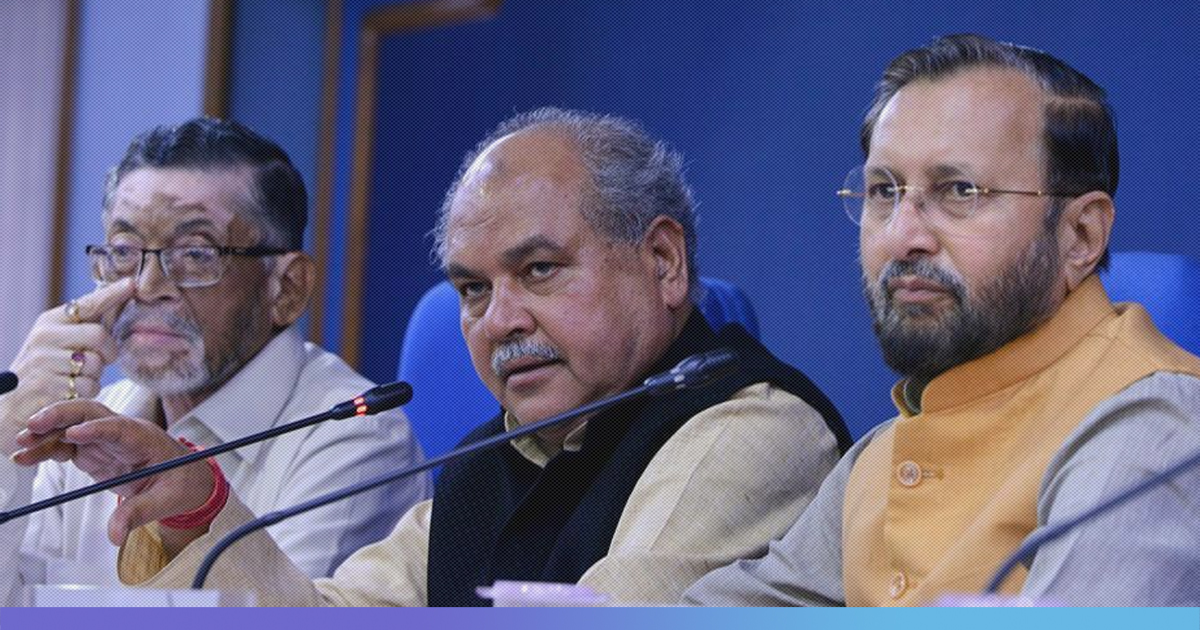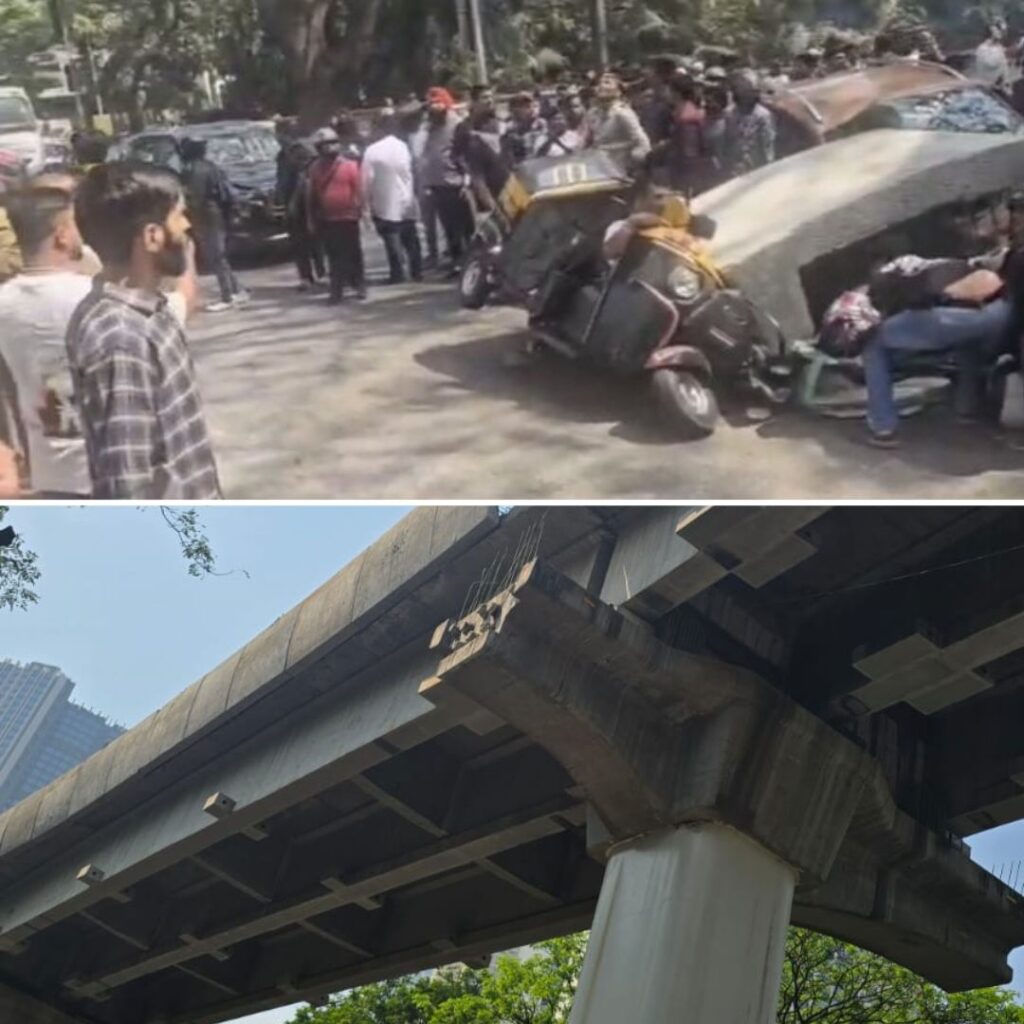The Union Cabinet on Wednesday, July 10, approved amendments to the Protection of Children from Sexual Offences (POCSO) Act 2012. The amendments include the introduction of the death penalty in cases related to aggravated sexual offences, as well as stringent punishments against other crimes against minors, including child pornography.
“The Union Cabinet chaired by Prime Minister Narendra Modi has approved the amendments in the Protection of Children from Sexual Offences (Pocso) Act, 2012. It will make punishment more stringent for committing sexual crimes against children including the death penalty. The amendments also provide for levy of fines and imprisonment to curb child pornography,” Hindustan Times quoted Union Minister of Information and Broadcasting Prakash Javadekar as saying.
The Cabinet first cleared the amendments in 2018. The amendments were introduced as a bill in the Lok Sabha in February. Because of the announcement of elections shortly after, they could not be passed. These have now been cleared by the Cabinet again.
The Amendments
In cases of aggravated penetrative sexual assault of children, the amendments seek to award death penalty, making it gender-neutral. Further, there is a section to penalise those possessing child pornography with up to three years in jail.
There are 14 amendments in all, which include the introduction of new sections which seek to make punishments for crimes against children stricter, including digital offences. These also include amendments to sections 4, 5 and 6 to increase punishment from seven to 10 years, from 10 to 20 years and from 20 to life imprisonment and death.
Amendments to sections 14 and 15 also aim at regulating child pornography. It proposes punishments such as a fine of Rs 1,000, as well as imprisonment for up to seven years for storing, and not reporting or deleting child pornography. This further includes producing child pornography for commercial purposes.
The transmission of pornographic material to children is also penalised. The amendments propose a synchronising of this with the IT Act.
According to the Act, which is gender-neutral, a child is any person below eighteen years of age.
“The death penalty does not necessarily mete out justice, but the rightful conviction has shown to bring down these number of cases. The capital punishment will, inversely, endanger more lives,” Enakshi Ganguly of the HAQ Centre for Child Rights said.
Also Read: Consensual Teen Sex Should Be Excluded From POCSO, Says Madras HC













